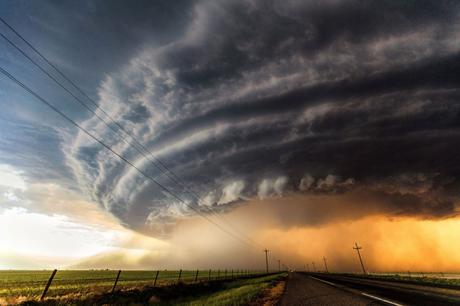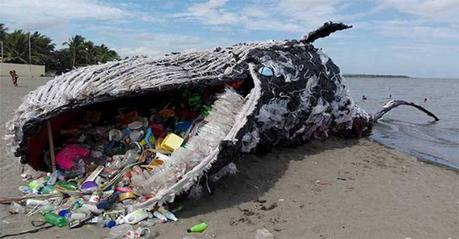Given the ‘success’ (i.e., a lot of people seem to be reading it) of our recent Ghastly Future paper, I thought it would be interesting to go back and have a look at what we wrote in our 2015 book Killing the Koala on the subject. I think you’ll find that if anything we were probably overly optimistic.
An updated digest of that material follows.

When your accountant tells you to reduce expenditure, you do it or risk bankruptcy; when your electrician tells you the wiring in your house is dodgy, you replace it or risk your family dying in an avoidable fire; when your doctor tells you your cholesterol is too high, you cut back fat intake (and/or take cholesterol-reducing drugs) or risk a heart attack.
Yet few with any real political or financial power heed the warnings of environmental scientists. It is not just a few of us either — globally, ecologists, conservation biologists and environmental scientists are united in telling the world (for decades now) that growth in population and consumption cannot go on forever. They have been united in telling us if we do not clean up our planet, our life-support systems could ultimately fail.
There are now nearly eight billion people on Earth, and median projections suggest that the population will grow to ten billion or more by the end of the century. Some analyses indicate that with present technologies, Earth could only sustainably support indefinitely some 5 billion people under best-case scenarios, but assuming similar proportions of poverty and suffering as we have today. Others imply that 5 billion could be many too many.
As a result, humanity is entering that near-perfect storm of problems driven by overpopulation, overconsumption, gross inequalities, and the use of needlessly environmentally damaging technologies. The problems include the intertwined dilemmas of loss of the biodiversity that runs human life-support systems, climate disruption, energy shortages, global toxification, alteration of critical biogeochemical cycles, shortages of water, soil, mineral resources and farmland, and increasing probability of vast epidemics (as COVID-19 poignantly exemplifies).
These problems are interacting with human governance systems, institutions, and civil societies that are no longer adequate to deal with them. Typically, studies of coupled human and natural systems focus on reciprocating interactions and feedbacks between social systems and their biophysical environments. But a major challenge today for scholars in this area is to determine whether enough of such coupling remains between the two gigantic systems — biophysical and socio-economic-cultural — or whether society is simply plunging ahead without reacting effectively to the deterioration of the biophysical environment.

The social system has attempted to respond to this complex of problems. In the 1960s and building on much earlier work, scientists began assessing the consequences of an ever-growing human population and expanding consumption, overuse of pesticides, radioactive fallout, air and water pollution, and other environmental issues — and to recommend ameliorative steps. In the mid-1980s, biologists formed the discipline of conservation biology, with the explicit purpose of stemming the haemorrhage of biodiversity. Later in that decade, important reaction to the worsening environmental situation was the development of the Montreal Protocol to preserve the vital stratospheric ozone layer.
Around the same time, it dawned on the scientific community that climate disruption was going to be more immediate and dangerous than previously thought, but here attempts to take mitigating steps have been largely pathetic. Overall, action to deal with other dimensions of the environmental dilemma has been utterly inadequate.
Whether mutually beneficial human-nature coupling can be restored in time is an open question. It is doubtless that action from the grassroots would be required, as well as new institutions and mechanisms for coordinating bottom-up and top-down efforts. But time is short, and in our view the decoupling is winning. So while scientists talk of ‘coupled human and natural systems’, the evidence suggests that the systems are actually decoupling and that the human component is no longer capable of reacting adaptively to ever-more-rapid changes in the natural system.

The signs of collapse, especially diminishing marginal returns to complexity are everywhere. The challenge confronting us is gigantic. To adapt, humanity must rapidly revise its systems for mobilising and distributing energy and end its heavy dependence on burning fossil fuels. The problems and pitfalls of doing this are generally underrated.

